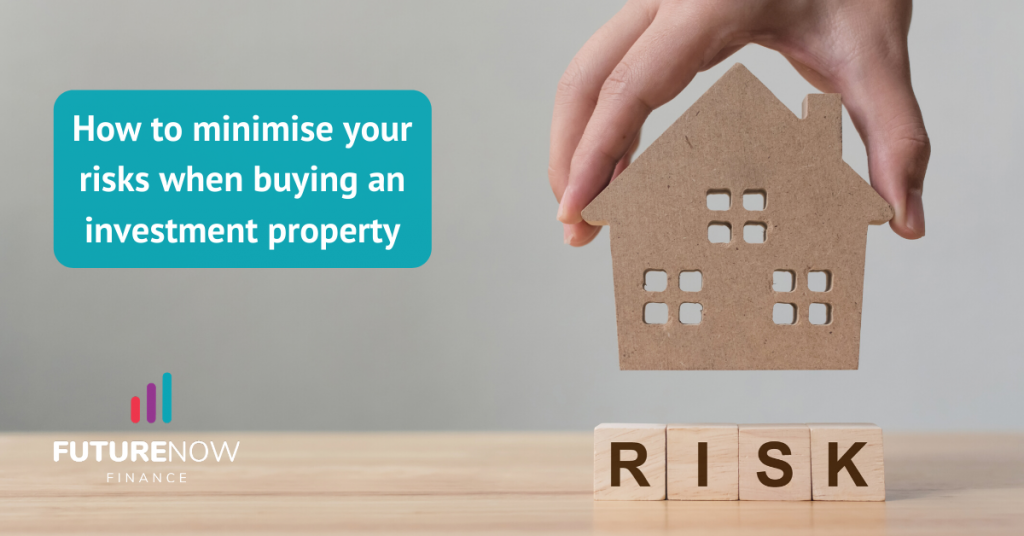The market for investment properties is still going strong. Whether you have just one or a portfolio of properties under your belt, it’s an advantageous position to be in. It would be nice to think that making your start in property investment is as easy as signing a document. However, there’s a lot more heavy lifting that is required before making the purchase, and the patience you will need in seeing your returns.
Here are six tips that can help minimise the risk when looking to invest in a property
1. Do your research
Before making the big decision, it’s always good to set an objective and do your research. Whether it’s buying an existing property, something off-plan, or getting a professional set of eyes to inspect the building for integral flaws, it’s worth understanding the type of investment you are making. A good place to start would be to compile an overview of the area you have in mind and get an idea of the neighbourhood, demographics, and average rental price of the properties to determine if this is the right move for you.
2. Find an opportunity in the market
You’re likely to get better returns on your investment with more effort put into researching the gap in the market. It’s worth keeping an ear (and eye!) out for upcoming neighbourhood developments and government initiatives that plan to put the area on the map. Buying at a low point does not necessarily mean low returns. With location development in the works, there is an opportunity for things to pick up in the next few years and for the property to reap its full potential.
3. Keep an eye on the changing rates
When hunting for a good home loan, interest rates play a huge factor. This is emphasised by MoneySmart in their article on how to get the best home loan deal. In the long run, a tiny difference in rates can save (or cost) you a hefty sum. You may be tempted to go with any package with a fixed interest rate, but it might be more beneficial to monitor other rates, deals, or government funding options that could be more suitable for you. It’s also wise to have emergency funds reserved for any unforeseen circumstances involving a sudden increase in expenditure.
4. House flip or flop?
Home improvement channels and the constant bombarding of DIY house flipping programs have given us a false idea of what it really takes to rebuild a house from scratch. Not that it’s impossible to do, but mainly because it involves a lot more costs and work than what is depicted. There could also be existing issues with the property that you may not know about, which would need to be factored into the build cost. If this is something you’re keen to pursue, it’s best to research thoroughly and hire the relevant professionals to inspect the property to ensure the plans you have in mind are doable.
5. Familiarise yourself with the local surroundings
Sometimes it’s not even the property that’s to blame. You could have the best-looking house in the neighbourhood, but if you don’t know the area and its demands, you may have a fair wait before seeing those returns anytime soon. Factors like access to public transport and commuting distance to the city are some of the things on the tenants’ checklist when renting a home. It would also help to get to know the appeal of the area such as the suburb profile, safety ratings, and reputable schools in the locality.
6. Get creative
There are other ways to make use of your investment property if you’re willing to get a little creative. You could look at repurposing a residential space for commercial rental, or the other way around. This could be a great opportunity to expand your portfolio so that you are not entirely dependent on one type of rental income. Of course, this will involve lots of planning on your end getting the right people involved, but it is definitely something to consider if you’re looking for a spin on the traditional idea of an investment property.
If you’re new to investing in properties but are keen on getting your foot in the door, our highly experienced financial adviser at FutureNow Finance can help guide you through the ins and outs of the entire process. Call us on 1300 013 730 or email hello@futurenowfinance.com.au

